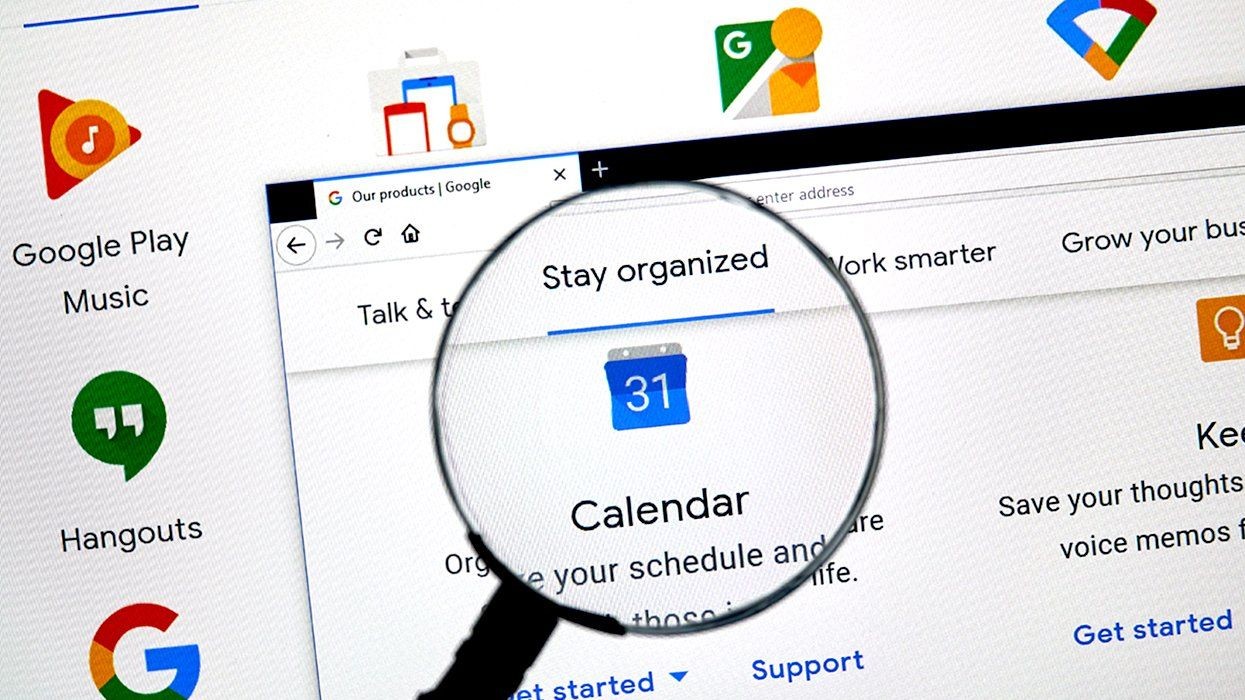
Google has quietly removed several significant cultural observances from its default Calendar display, including Black History Month, Pride Month, and Holocaust Remembrance Day, sparking public concern and debate.
The tech giant confirmed that changes were implemented in mid-2024, affecting numerous cultural and ethnic observances that were previously automatically displayed for users. Other removed events include Women's History Month, National Hispanic Heritage Month, Indigenous People Month, and Jewish American Heritage Month.
According to a Google spokesperson, the decision was based on logistical challenges rather than political motivations. "Maintaining hundreds of moments manually and consistently globally wasn't scalable or sustainable," the company stated. Google will now only display public holidays and national observances sourced from timeanddate.com, while allowing users to manually add other commemorative dates.
The calendar modifications have drawn criticism from users, particularly as they coincide with broader corporate shifts away from diversity, equity, and inclusion (DEI) initiatives. Some users questioned the company's explanation about maintenance difficulties, noting that Google Calendar serves over 500 million users worldwide.
While these cultural events no longer appear by default in Google Calendar, the company maintains it continues celebrating cultural moments through other products. Recent examples include Black History Month animations on its search page and curated YouTube playlists.
The changes affect Google Calendar's default settings globally, though users retain the ability to personally add any observances or cultural events they wish to track. Standard federal holidays, such as Memorial Day, Thanksgiving, and Christmas, remain automatically displayed.
This development comes amid wider changes at Google, including the company's recent modification of workforce diversity goals and updates to internal training programs. The timing has led some users to speculate about potential connections to recent federal policy shifts regarding DEI initiatives.